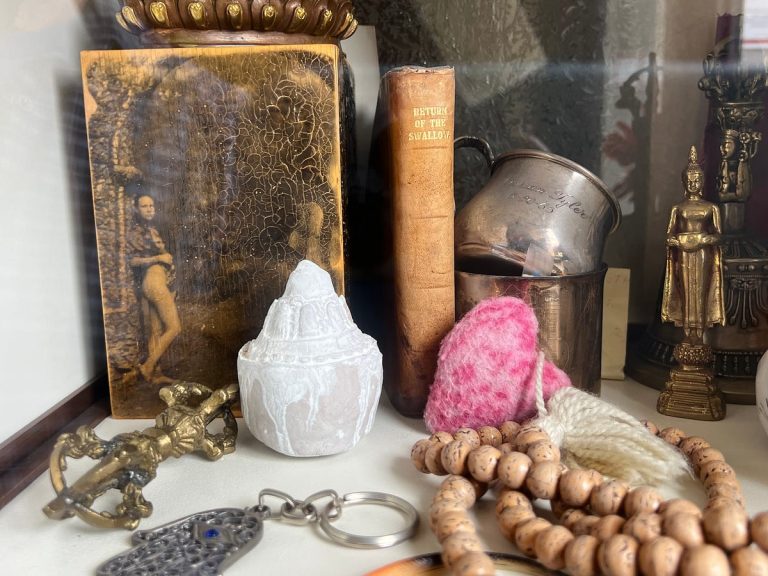Do your part to be part of the historical record
Whether you're a history buff or a history researcher, the daily lives of forgotten people retain an elusive allure. Call it the populist perspective, but for every pyramid built there were hordes of anonymous workers, for every medieval city captured there were nameless innocents massacred or enslaved, for every railway line laid or canal built, there were ordinary people hammering and digging. Without revealing their identity.
Our tendency to celebrate and commemorate the famous, the infamous, and the influential, while giving little historical voice to audiences silenced by enforced illiteracy, disease, or crushing and cruel circumstances, undermines historical accuracy. Imagine, for example, if our view of our time was based solely on the words of Taylor Swift, the autobiography of Jeff Bezos, and the ruins of Rockefeller Center.
That is why I urge those who are not well-known and are almost certainly forgotten, myself included, to think about how we want to remember our lives and our times as our civilization declines.
This proposal is not political or paranoid, but practical. As the planet's carrying capacity shrinks and the climate emergency grows, we can expect that the near future will be filled with social catastrophe, potential violence, and the drive of the powerful to erase unpleasant or contradictory facts from the historical record.
However, some may wonder that although the drama and dread of the present may seem so all-consuming to us, will anyone in the future be interested in knowing what ordinary people – not just the one percent – have experienced or endured in these turbulent times? After all, how many of us today think about those who experienced racial prejudice in imperial Rome, survived the horrific horrors of the Black Death, or lived like nineteenth-century utopians? There aren't many I think other than historians among us. But this does not mean that a powerful historical narrative is worthless or unable to influence behaviors and beliefs that our descendants may want to emulate or avoid.
In short, future historians – who will likely be as curious as their contemporary counterparts – will want to know what today's specialists want to know about forgotten people…

